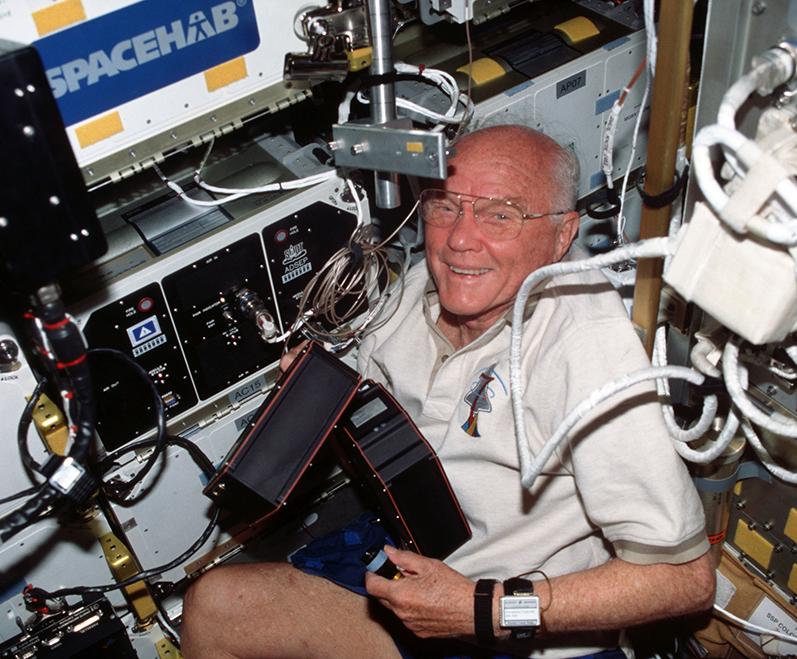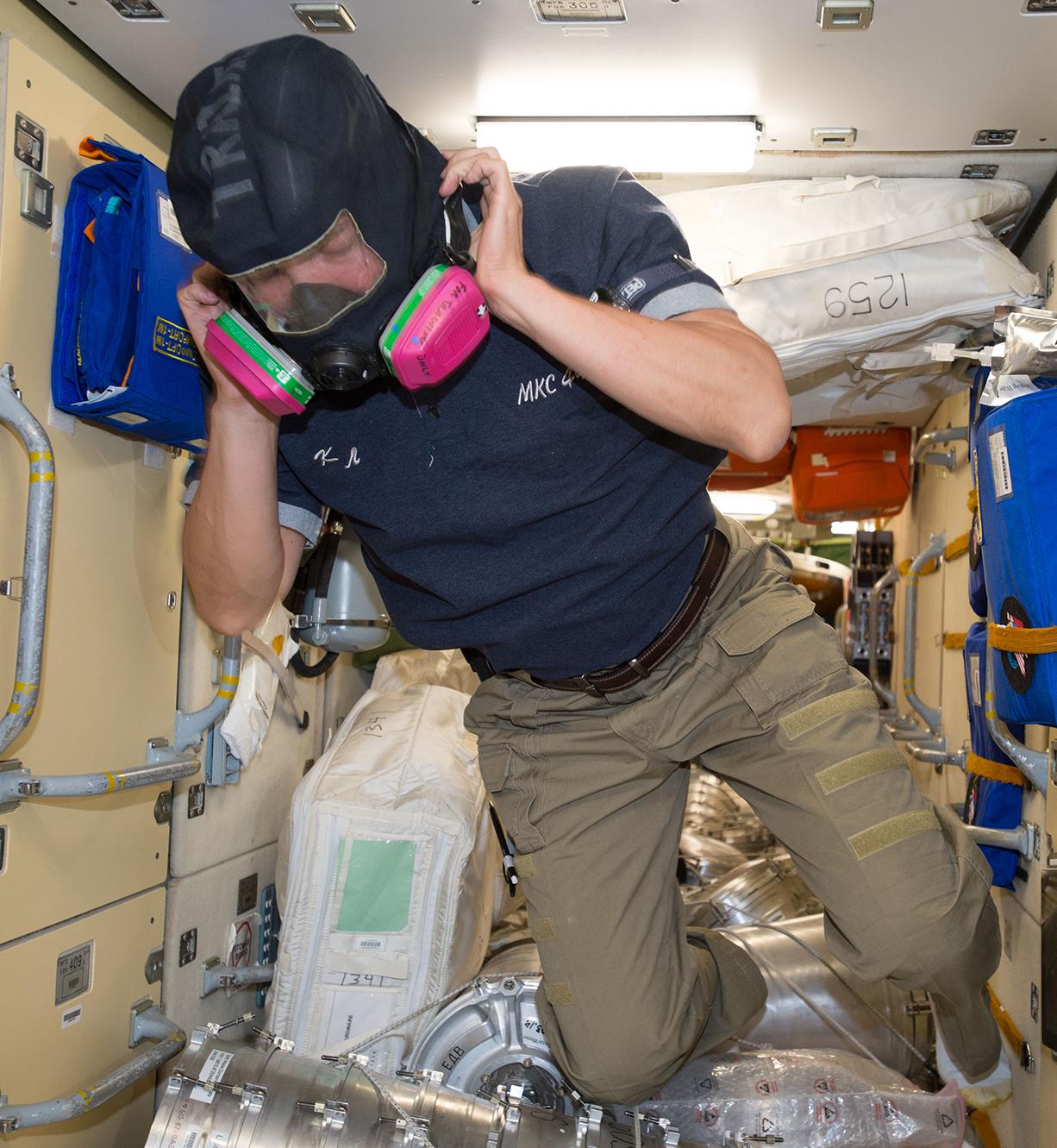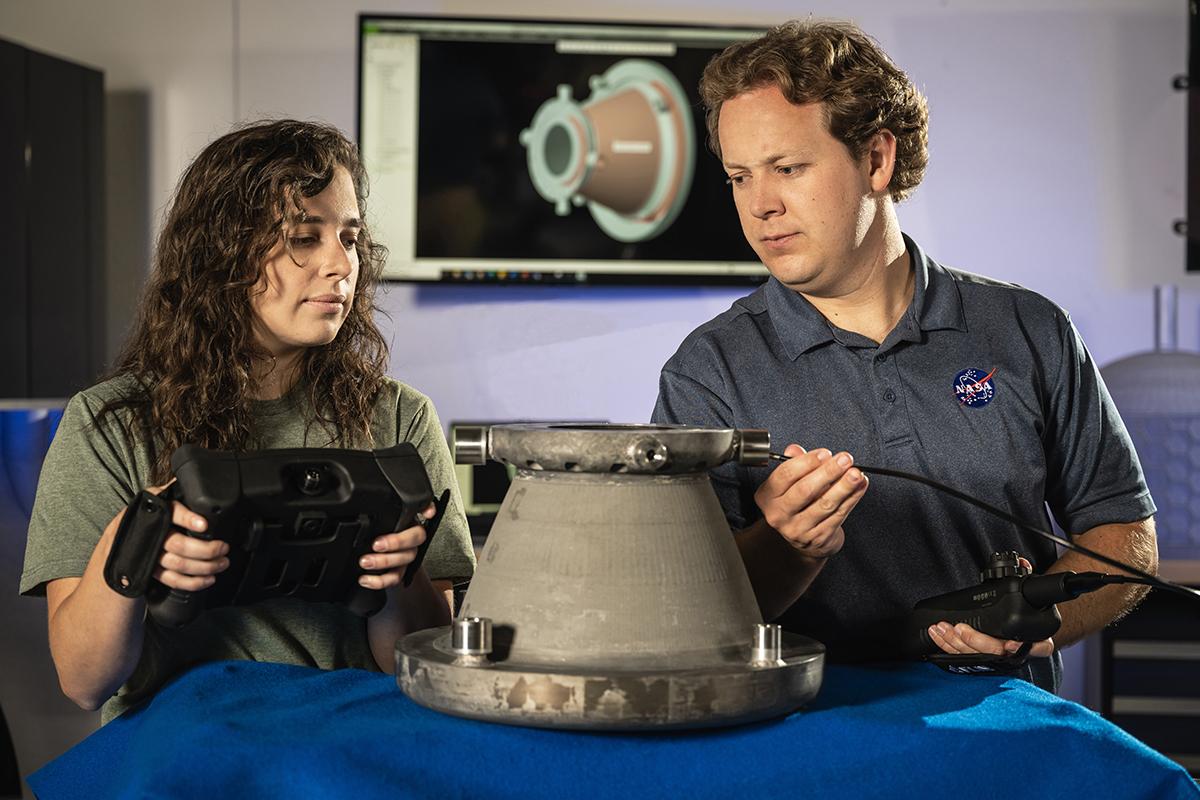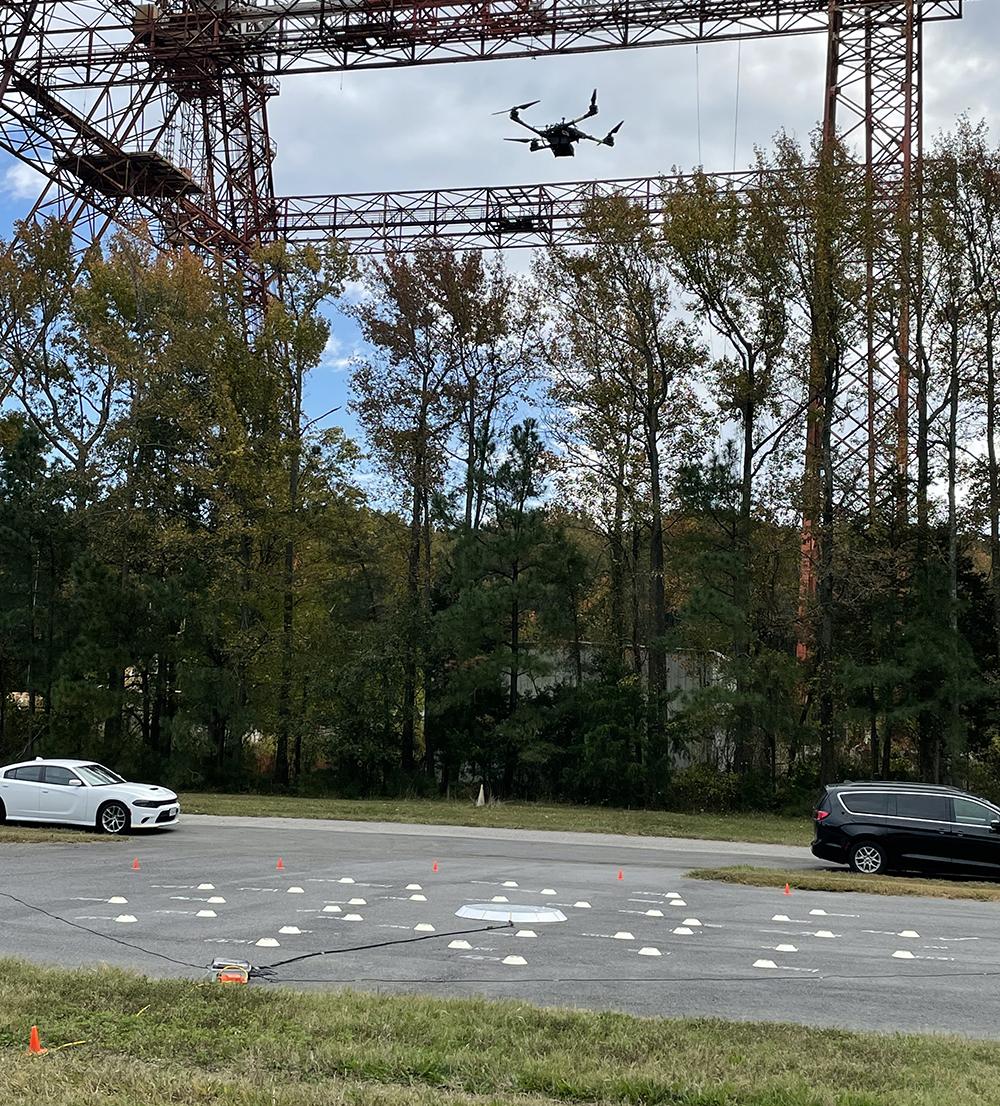High-Performance Valve Promises Safe Relief
In many industrial applications, pressure relief valves perform the critical function of safely releasing pressure before potentially damaging build-ups occur. Conventional relief valves can be unstable, however, leading to premature w.ear and devastating consequences. PRV95, a high-performance pressure relief valve manufactured by Marotta Scientific Controls, Inc., of Montville, New Jersey, provides an answer to premature wear and instability.
Using an improved valve design developed under a Small Business Innovation Research (SBIR) contract with Stennis Space Center, Marotta Scientific's PRV95 provides stability over the entire operational range, from fully closed to fully open. The valve employs a concept known as upstream control for valve positioning, making it more dependable with excellent repeatability and minimal lag time.
PRV95 "opens and closes softly, and does not oscillate or generate hard impacts; oscillation can result in a hard impact pressure release, which can lead to an explosion in the presence of oxygen," says Bill St. Cyr, the Test Technology Branch chief at Stennis.
Marotta Scientific's PRV95 design is unique in its ability to maintain a seal near the set point of the relief limit. Typically, relief valves seal tightly up to 90 percent set point and then reseat when pressure is reduced to 85 percent of set point. This new technology maintains seal integrity until 98 percent of set point and will reseat at 95 to 97 percent of set point. This allows the operator to protect a system without exceeding its limits.
Upstream control is the key to stable, soft-opening/soft-closing operation. A conventional "pop"-type pressure relief valve is characterized as operating under downstream control: once the valve has opened, the flow is controlled mainly by an effective cross-sectional area downstream of the valve seat. In the PRV95, the flow-limiting cross section remains upstream of the valve seat at all times, and so the valve is said to operate under upstream control.
Primarily designed to operate in systems containing gases and liquids in a variety of pneumatic, hydraulic, and cryogenic applications, the PRV95 offers several advantages over older valves, including: a smooth transition from fully closed to fully open; noise and wear reduction through elimination of chatter; a decrease in the risk of product fire and explosion through elimination of hard impact; and corresponding reductions in the uncontrolled venting of hazardous fluids and products. The increased stability of the valve operation results in better performance, with wider operating ranges and control. All of these attributes translate into the additional advantage of lower life-cycle costs.
To date, sales of the PRV95 total over $400 thousand, mostly to high-end customers, including the U.S. Navy, which installed the valves on its DDG-51 Class Destroyers. Notably, the recent repairs to the USS Colethe ship damaged by a terrorist bombing in Yemenincluded installation of the PRV95 relief valve. Marotta Scientific is currently pursuing a valve redesign effort to improve manufacturability and reduce the high price of the product. The company is also working to obtain an American Society of Mechanical Engineers' Section VII certification, required for many industrial applications. To this end, Marotta Scientific and the Office of Technology Transfer at Stennis Space Center have entered into a Dual-Use Cooperative Agreement to gain the certification.
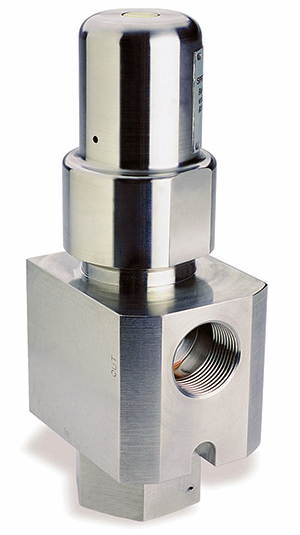
Marotta Scientific Controls, Inc.'s PRV95 design is unique in its ability to maintain a seal near the set point of the relief limit.






